How to Fix a Slow Kitchen Sink Drain
Dealing with a slow kitchen sink drain can be frustrating and inconvenient. It can disrupt your daily routine and make simple tasks like washing dishes or preparing meals a hassle. But don't worry, there are simple solutions to fix a slow kitchen sink drain without having to call a plumber. Here are some tips to help you get your sink draining properly again.
How to Unclog a Kitchen Sink Drain
If your kitchen sink is draining slowly, the first thing you should do is check for any clogs. This is often the main cause of slow sink drainage. You can try using a plunger to dislodge the clog or a drain auger to push through and break up the obstruction. You can also try using a mixture of hot water, baking soda, and vinegar to dissolve the clog. Make sure to use enough water to create a strong pressure to help clear the drain.
Common Causes of Slow Kitchen Sink Drainage
There are several reasons why your kitchen sink drain may be slow. One common cause is the build-up of food particles, grease, and other debris in the pipes. This can happen over time and can prevent water from flowing freely through the drain. Another common cause is a blocked or clogged vent pipe, which can create air pressure and slow down the draining process. Additionally, old and worn-out pipes can also contribute to slow sink drainage.
DIY Solutions for a Slow Kitchen Sink Drain
If you prefer to tackle the issue yourself before calling for professional help, there are several DIY solutions you can try. One method is to use a mixture of baking soda and vinegar to break down any clogs. You can also try using a plunger or a drain auger to remove any obstructions. Be cautious when using chemicals as they can be harsh and damaging to your pipes if used incorrectly.
How to Clear a Slow Kitchen Sink Drain
If the above methods do not work, you may need to clear the drain manually. You can do this by removing the drain cover and using a drain snake to physically remove any clogs. This may take some time and effort, but it is an effective way to clear a slow kitchen sink drain. Make sure to wear gloves and protective eyewear when using a drain snake to prevent any injuries.
Tips for Preventing Slow Kitchen Sink Drainage
To avoid dealing with a slow kitchen sink drain in the future, here are some tips to help keep your drain running smoothly. First, be mindful of what you put down the sink. Avoid pouring grease, oil, or large food particles down the drain. Use a strainer to catch any food debris and dispose of it in the trash. You can also regularly flush your drain with hot water to prevent build-up. Lastly, avoid using chemical drain cleaners as they can be harsh and damaging to your pipes.
Signs of a Clogged Kitchen Sink Drain
If your kitchen sink is draining slowly, it is likely that you have a clog. However, there are other signs that can indicate a clogged drain. These include unpleasant odors coming from the sink, gurgling noises when the water is draining, and standing water in the sink. If you notice any of these signs, it is best to address the issue promptly before it becomes a bigger problem.
Professional Solutions for a Slow Kitchen Sink Drain
If you have tried all the DIY methods and your kitchen sink is still draining slowly, it may be time to call a professional plumber. They have the tools and expertise to effectively clear any clogs and get your sink draining properly again. They can also inspect your pipes and determine if there are any underlying issues that need to be addressed.
How to Maintain a Fast-Flowing Kitchen Sink Drain
Once you have addressed the issue of a slow kitchen sink drain, it is important to maintain it to prevent future problems. Regularly flushing your drain with hot water can help prevent build-up. You can also use a mixture of baking soda and vinegar once a month to keep your pipes clean. Be mindful of what you put down the sink and avoid using chemical drain cleaners.
Products to Help with Slow Kitchen Sink Drainage
If you prefer to use products to help with slow kitchen sink drainage, make sure to choose ones that are safe for your pipes and the environment. Look for products that contain natural ingredients and are specifically designed to break down clogs and prevent build-up. You can also find products that are safe to use regularly to maintain a fast-flowing kitchen sink drain.
How to Fix a Slow Flow in Your Kitchen Sink

An essential guide for homeowners
 If you are experiencing a slow flow in your kitchen sink, you're not alone. This common issue can be frustrating and inconvenient, especially when you're trying to prepare a meal or clean up after one. But before you call a plumber, there are a few simple steps you can take to fix the problem yourself.
Kitchen sink slow flow
can be caused by a variety of factors, such as clogged pipes, a faulty garbage disposal, or even issues with your water supply. The first step in addressing the issue is to determine the cause. This can be done by checking other faucets in your home to see if they are also experiencing slow flow. If they are, then the problem may be with your water supply and you may need to contact your local water company.
If the slow flow is only occurring in your kitchen sink, then you can start by checking your garbage disposal. Turn off the power to the disposal and inspect the drain hole for any obstructions, such as food scraps or debris. Use tongs or pliers to remove any clogs and then turn the power back on to see if the flow has improved.
If the disposal isn't the issue, then the next step is to check the sink's drain pipes. Start by placing a bucket under the sink to catch any excess water. Then, using a plumber's snake or a wire hanger, carefully remove any clogs from the drain. You can also try using a
plunger
to dislodge any obstructions.
If these methods don't improve the flow, then the issue may be with the pipes themselves. Over time, pipes can become clogged with buildup and debris, causing slow flow. In this case, it may be best to call a professional plumber to inspect and clean the pipes.
To prevent future slow flow issues in your kitchen sink, it's important to properly maintain your pipes and garbage disposal. This includes regularly cleaning out the drain and disposal, avoiding pouring grease and oil down the drain, and using a
drain strainer
to catch food scraps.
In conclusion, a slow flow in your kitchen sink can be a frustrating problem, but it's not one that can't be fixed. By following these simple steps and properly maintaining your plumbing, you can keep your kitchen sink running smoothly and avoid any future issues.
If you are experiencing a slow flow in your kitchen sink, you're not alone. This common issue can be frustrating and inconvenient, especially when you're trying to prepare a meal or clean up after one. But before you call a plumber, there are a few simple steps you can take to fix the problem yourself.
Kitchen sink slow flow
can be caused by a variety of factors, such as clogged pipes, a faulty garbage disposal, or even issues with your water supply. The first step in addressing the issue is to determine the cause. This can be done by checking other faucets in your home to see if they are also experiencing slow flow. If they are, then the problem may be with your water supply and you may need to contact your local water company.
If the slow flow is only occurring in your kitchen sink, then you can start by checking your garbage disposal. Turn off the power to the disposal and inspect the drain hole for any obstructions, such as food scraps or debris. Use tongs or pliers to remove any clogs and then turn the power back on to see if the flow has improved.
If the disposal isn't the issue, then the next step is to check the sink's drain pipes. Start by placing a bucket under the sink to catch any excess water. Then, using a plumber's snake or a wire hanger, carefully remove any clogs from the drain. You can also try using a
plunger
to dislodge any obstructions.
If these methods don't improve the flow, then the issue may be with the pipes themselves. Over time, pipes can become clogged with buildup and debris, causing slow flow. In this case, it may be best to call a professional plumber to inspect and clean the pipes.
To prevent future slow flow issues in your kitchen sink, it's important to properly maintain your pipes and garbage disposal. This includes regularly cleaning out the drain and disposal, avoiding pouring grease and oil down the drain, and using a
drain strainer
to catch food scraps.
In conclusion, a slow flow in your kitchen sink can be a frustrating problem, but it's not one that can't be fixed. By following these simple steps and properly maintaining your plumbing, you can keep your kitchen sink running smoothly and avoid any future issues.








:max_bytes(150000):strip_icc()/Five-Ways-to-Fix-a-Slow-Sink-Drain-05-a5fceccbd5a64b1b8730ee1e24b81b4f.jpg)

:max_bytes(150000):strip_icc()/Five-Ways-to-Fix-a-Slow-Sink-Drain-04-a74c2894c53740158cd94024350b879c.jpg)
:max_bytes(150000):strip_icc()/plumber-unclogging-kitchen-sink-169270382-5810e7bb5f9b58564c5dd92b.jpg)

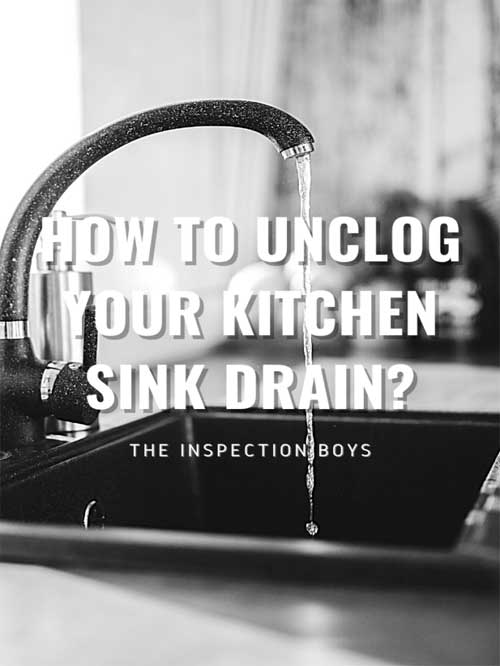

:max_bytes(150000):strip_icc()/freshen-and-unclog-drain-with-baking-soda-1900466-22-bbf940b70afa4d5abef0c54da23b1d3f.jpg)






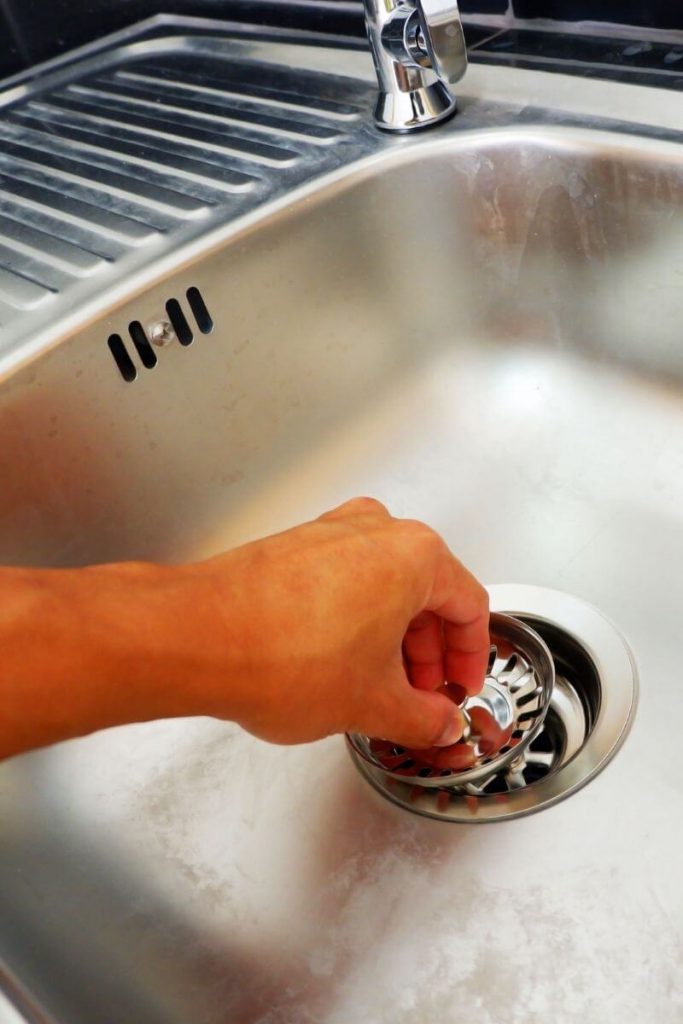



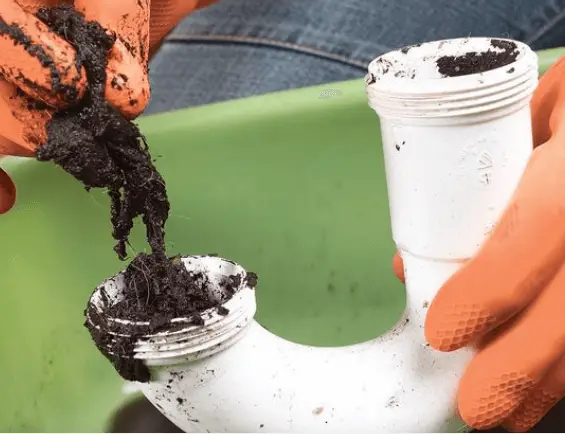


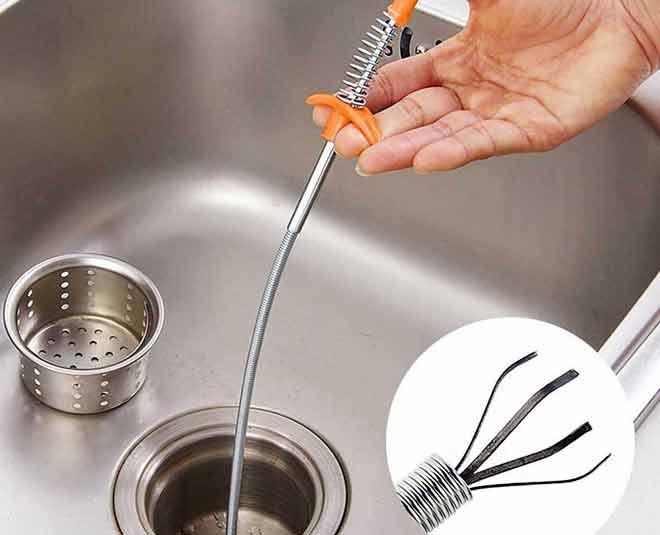







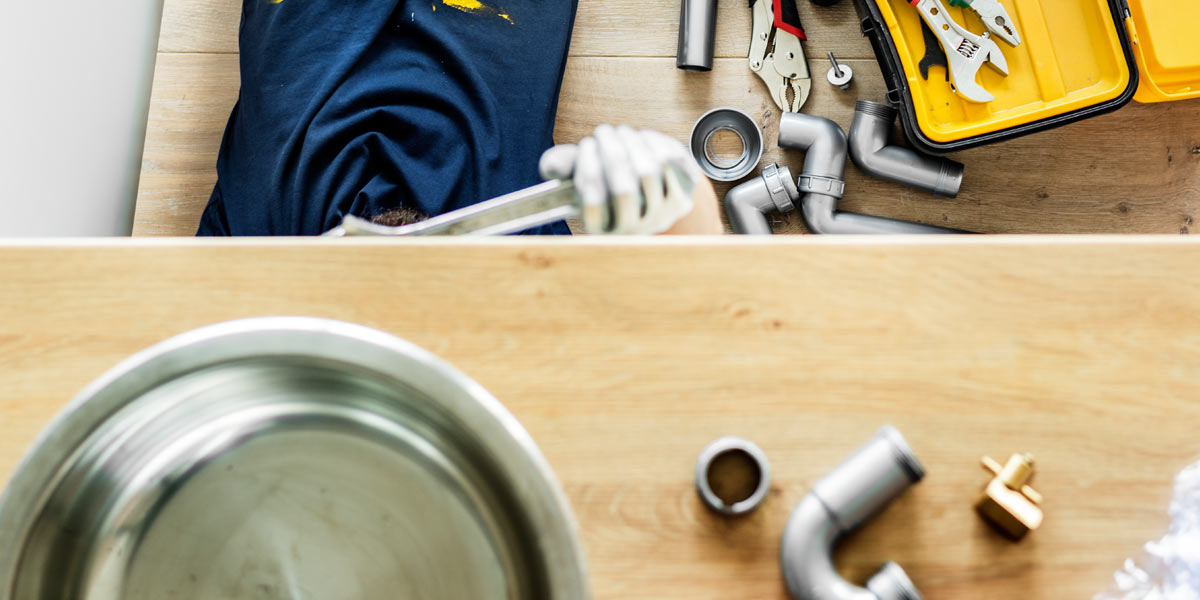


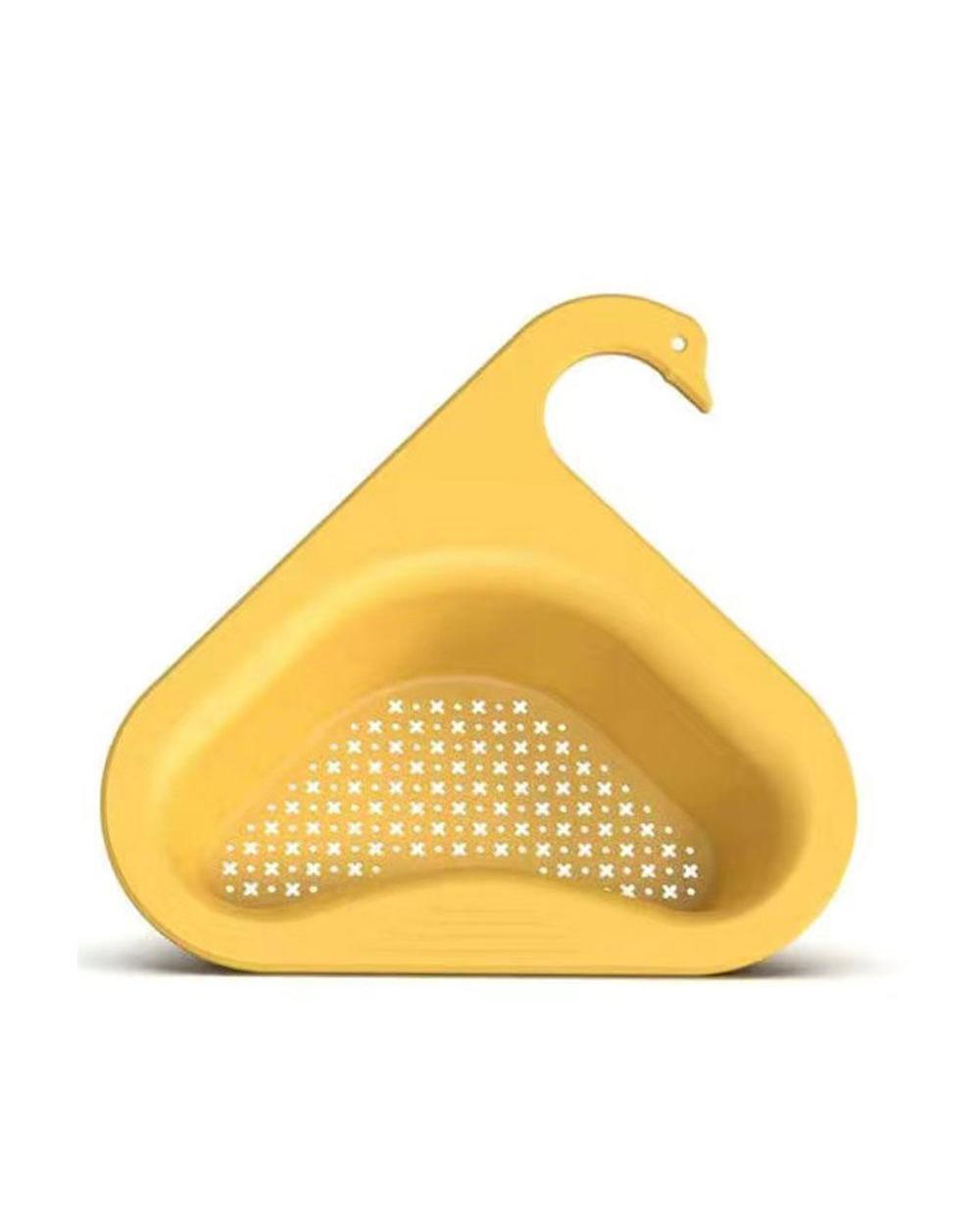


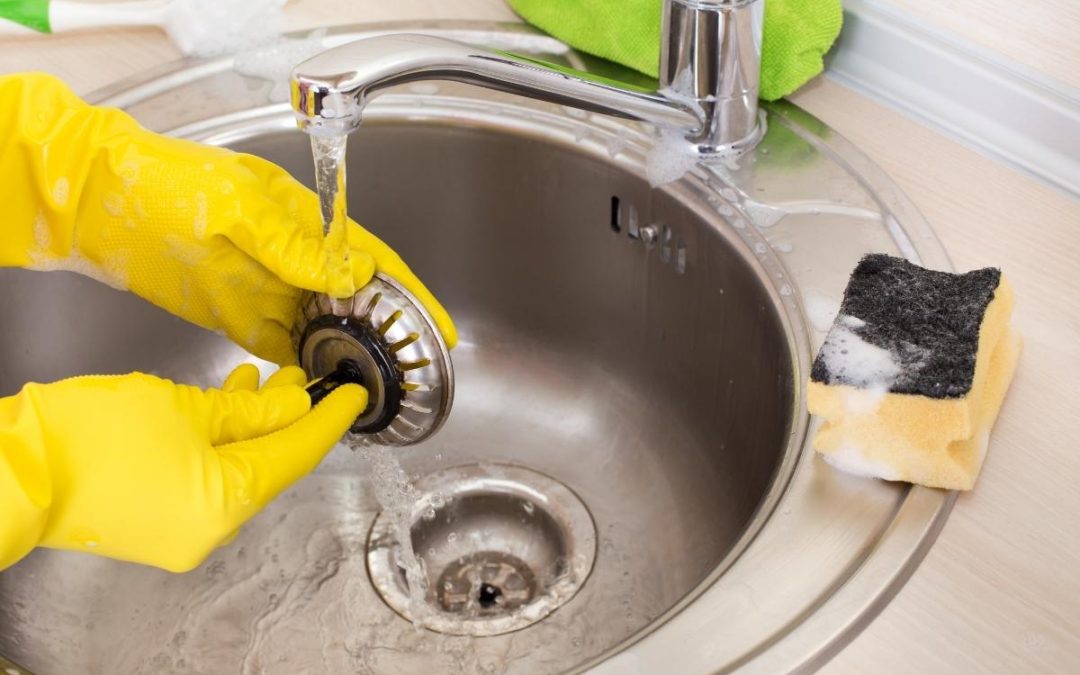


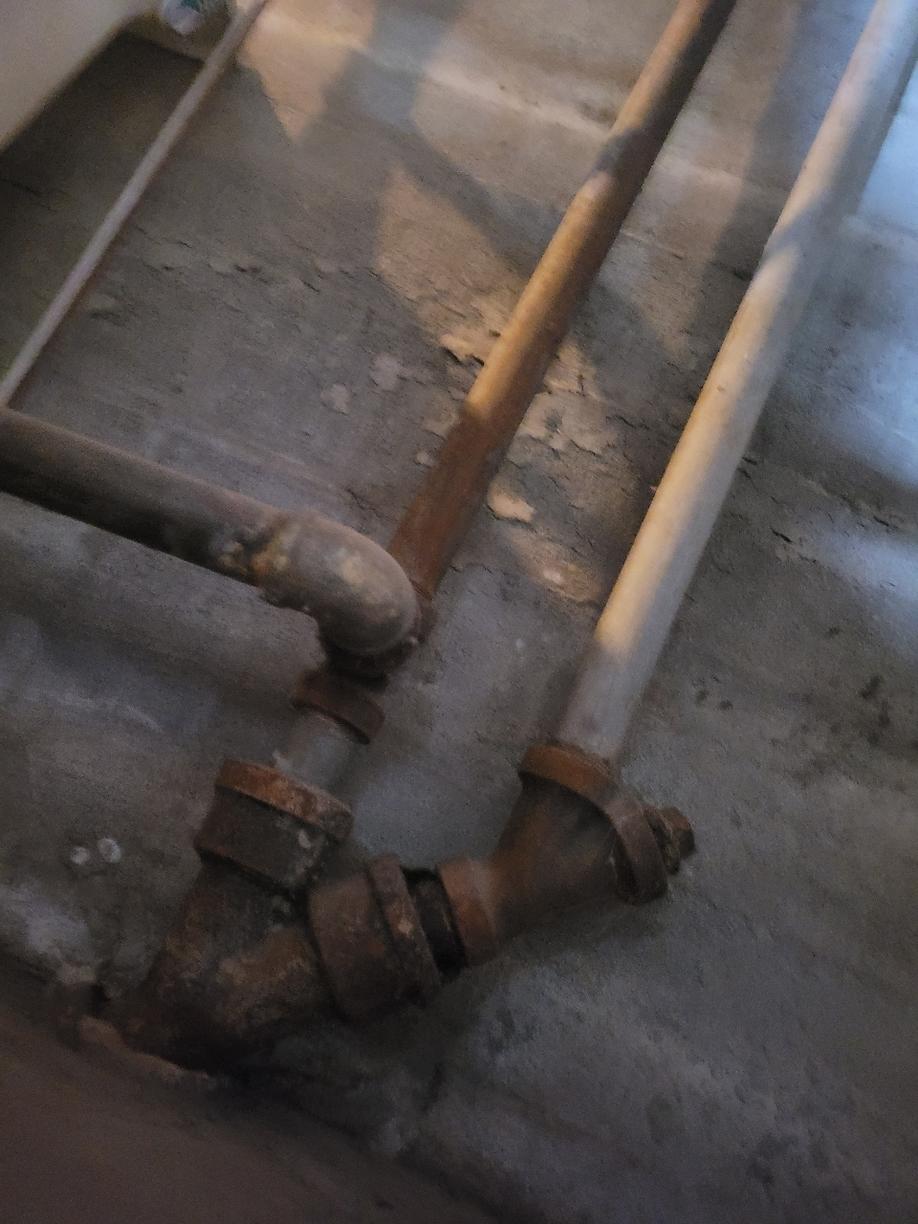







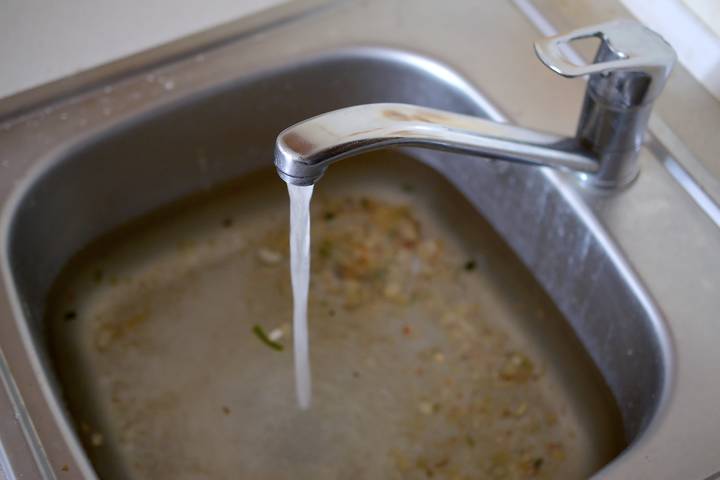



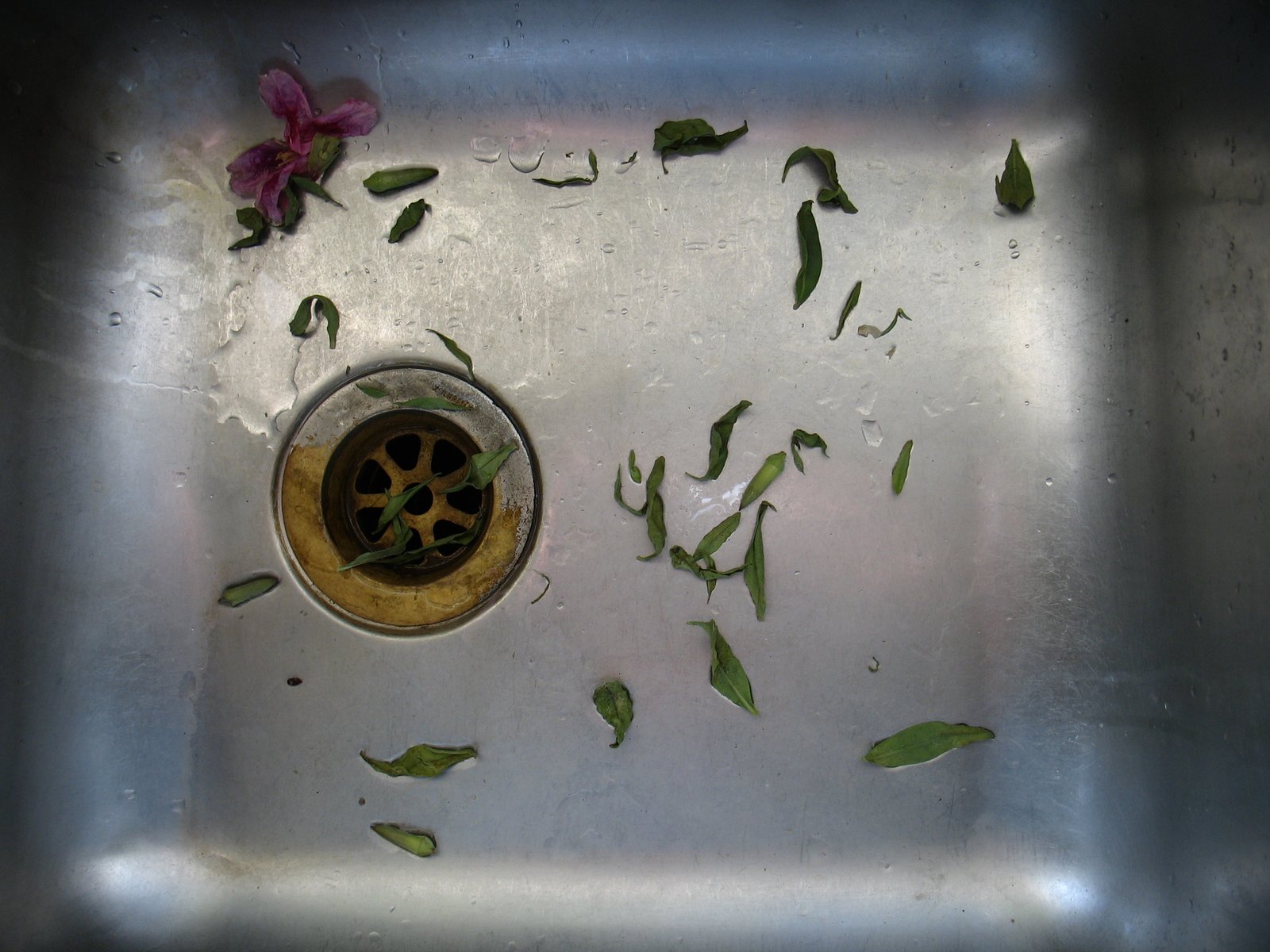











:max_bytes(150000):strip_icc()/how-to-install-a-sink-drain-2718789-hero-24e898006ed94c9593a2a268b57989a3.jpg)


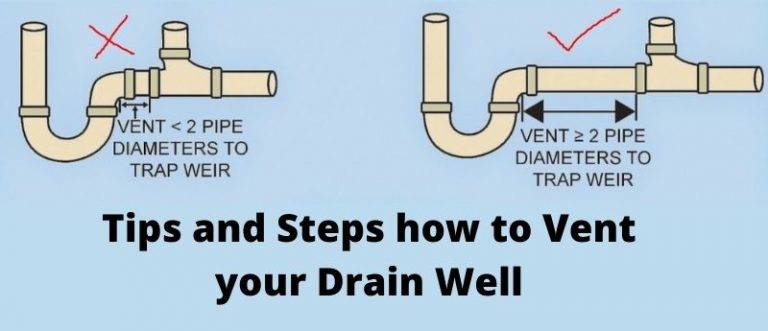









/how-to-install-a-sink-drain-2718789-hero-24e898006ed94c9593a2a268b57989a3.jpg)




